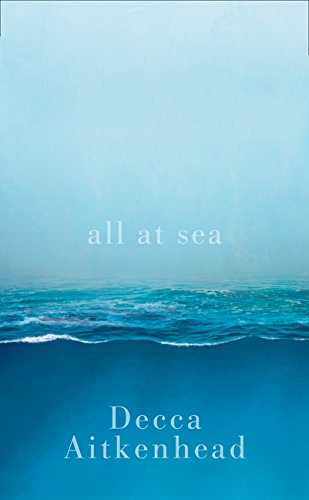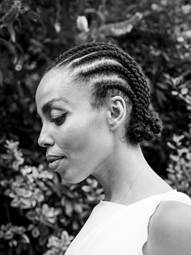“Who Inherits?”: A Conversation Between Tao Leigh Goffe and Hazel V. CarbyPosted in Articles, Autobiography, Biography, Caribbean/Latin America, History, Interviews, Media Archive, United Kingdom on 2020-02-04 20:22Z by Steven |
“Who Inherits?”: A Conversation Between Tao Leigh Goffe and Hazel V. Carby
Public Books
2020-02-03
Tao Leigh Goffe, Assistant Professor of Literary Theory and Cultural History
Cornell University, Ithaca, New York
Over the decades of her transatlantic career, distinguished Yale University professor emerita of American and African American studies Hazel V. Carby has considered how one negotiates ancestral ties to two islands intimately entangled by empire, Britain and Jamaica. Her new book, Imperial Intimacies: A Tale of Two Islands, is her answer to that question.
As Hazel explains in Imperial Intimacies, hers was an unlikely path to academia. She started out training as a ballerina and went on to teach at a secondary school in East London. When she moved to the West Midlands to pursue a master’s degree and then a PhD at the University of Birmingham, her life was altered forever by the influence of a mentor—Stuart Hall, esteemed professor and cofounder of the university’s Centre for Contemporary Cultural Studies—who also negotiated a family history strung between Britain and Jamaica.
Hazel and I sat down to speak about the publication of Imperial Intimacies, a book that, she realized, she had been writing her whole life. We discussed the influence of books such as Jane Austen’s Mansfield Park and Octavia Butler’s Kindred. Like Dana, the main character in Butler’s Afrofuturist novel—who finds herself teleported into the plantations of the antebellum past, meeting her black and white ancestors—Hazel traces her African and European Carby lineage. She does so through meticulous research on her ancestors in England, Wales, and Jamaica.
Hazel speculates on the subjectivity of one of her white forbears: an English man named Lilly Carby, who arrived in Jamaica in 1788 as a member of the British Army. What can Hazel possibly inherit from him, when her other ancestors were his property? Her experimental rendering in Imperial Intimacies presents the reader with a kaleidoscopic view of the ongoing coloniality of the present…
Read the entire interview here.








